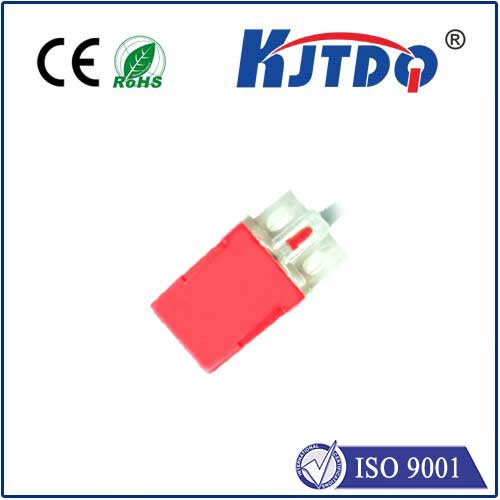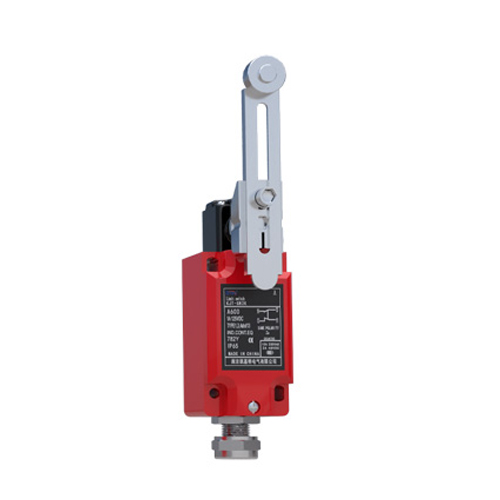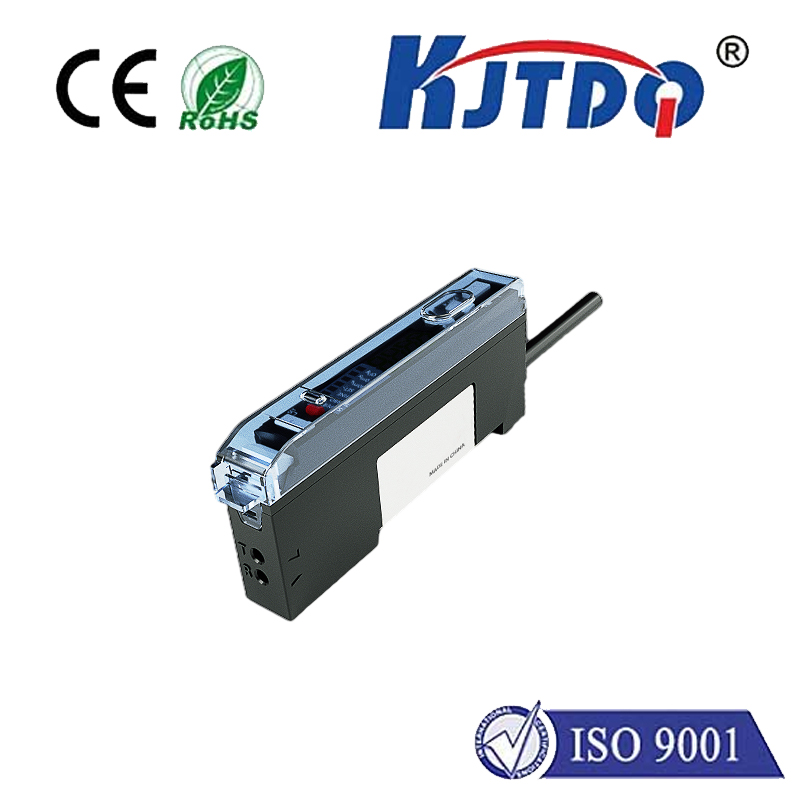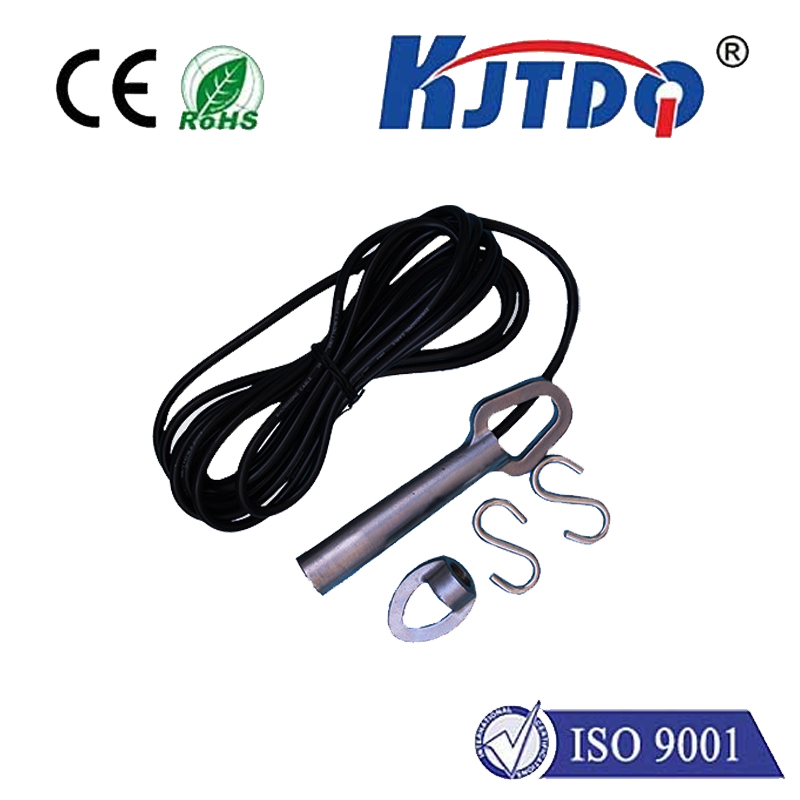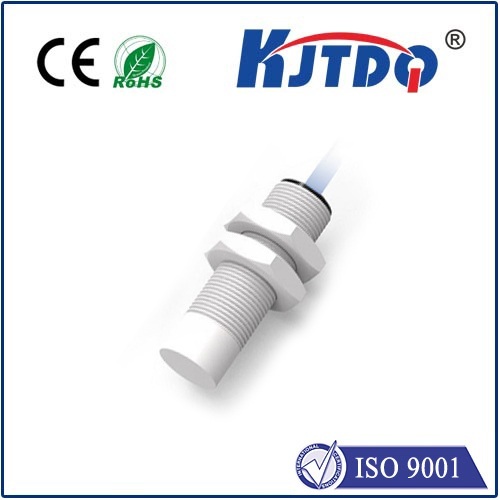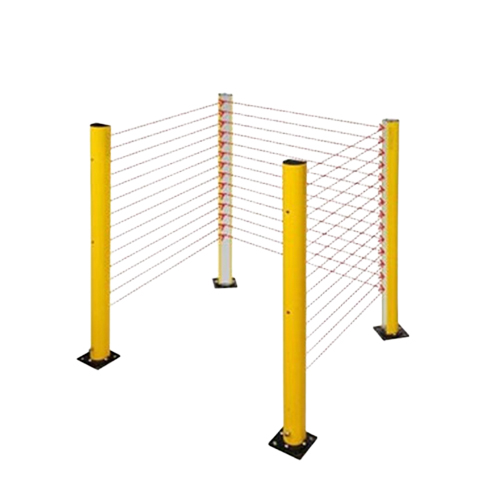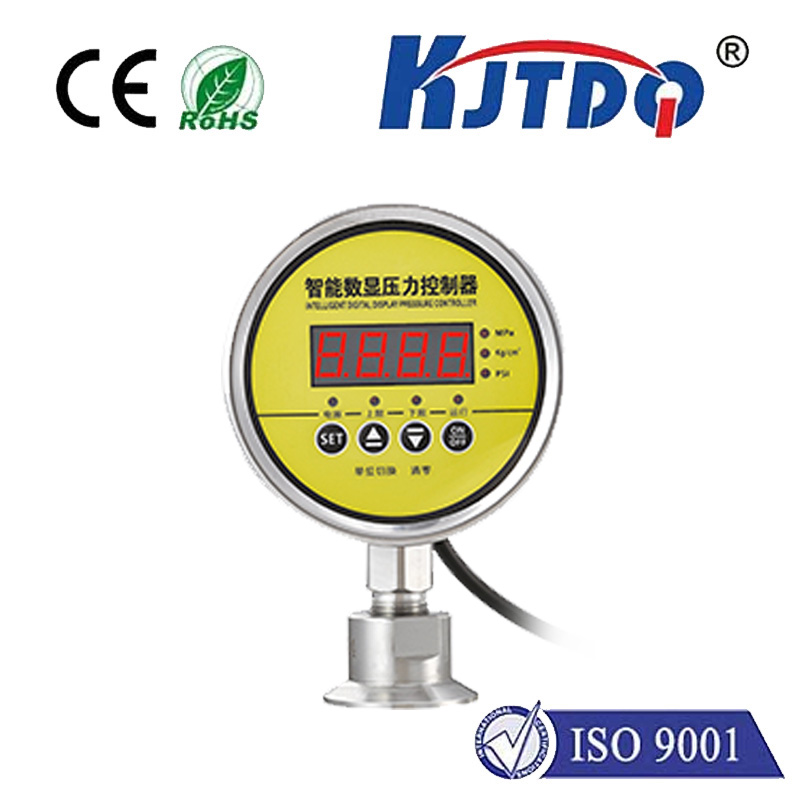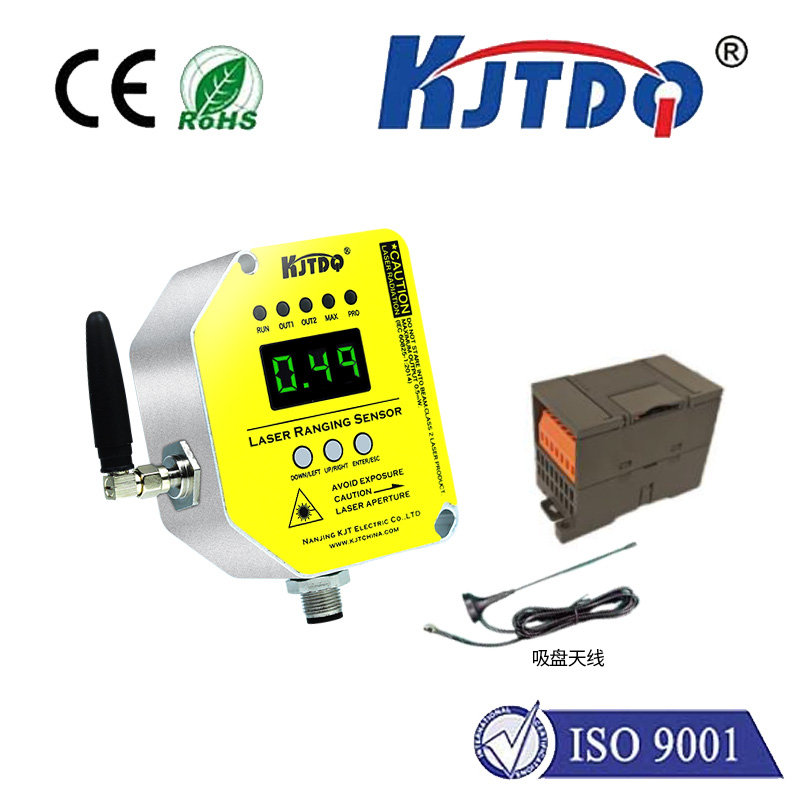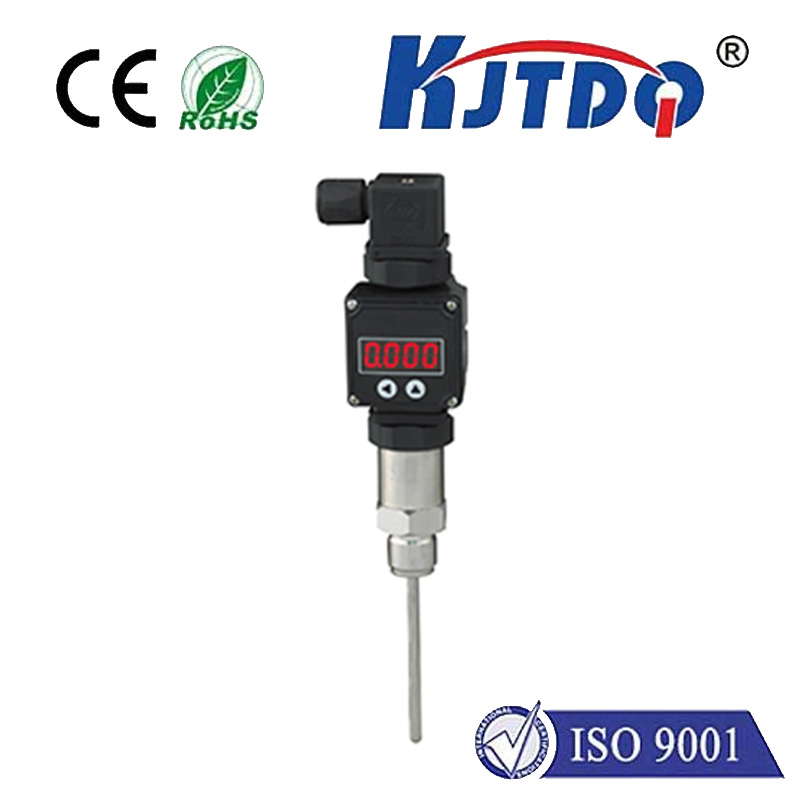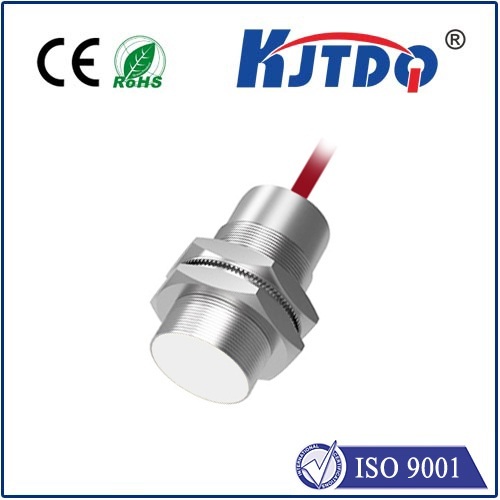

check

check

check

check
FMCW Sensor: The Future of Precision Measurement in Industrial and Automotive Applications
In today’s rapidly evolving technological landscape, the demand for high-precision, reliable, and efficient sensing solutions is growing at an unprecedented rate. Among the various sensing technologies, Frequency Modulation Continuous Wave (FMCW) sensors have emerged as a game-changer, particularly in industrial and automotive applications. These sensors offer a unique combination of accuracy, range, and versatility, making them an essential component in modern systems.

FMCW sensors operate by emitting a continuous wave signal at a specific frequency and measuring the frequency difference between the transmitted and received signals. This technique allows for the detection of small changes in distance or velocity with remarkable precision. Unlike traditional sensors that rely on signal reflection or interference, FMCW sensors use the time difference between the transmitted and received signals to calculate distance, making them highly accurate and less affected by environmental factors such as temperature or humidity.
One of the key advantages of FMCW sensors is their ability to provide high-resolution data in a single measurement. This makes them ideal for applications where precise measurements are critical, such as in industrial automation, robotics, and autonomous vehicles. In automotive applications, FMCW sensors are widely used in lidar systems, where they help in detecting obstacles and navigating through complex environments. The integration of FMCW sensors into vehicle systems enables real-time data processing, contributing to safer and more efficient driving experiences.
The versatility of FMCW sensors extends beyond automotive applications. In industrial settings, they are employed in non-contact measurement systems for monitoring machinery, ensuring optimal performance and reducing downtime. The ability to measure distance without physical contact is a significant benefit, especially in environments where traditional sensors may be prone to damage or interference.
Another notable feature of FMCW sensors is their low power consumption and compact design. This makes them suitable for integration into a wide range of devices, from portable sensors to large-scale industrial systems. As industries continue to adopt Industry 4.0 and IoT technologies, the demand for compact, reliable, and energy-efficient sensors is increasing. FMCW sensors are well-positioned to meet these demands, offering a seamless solution for modern industrial and automotive systems.
In conclusion, FMCW sensors are not just a technological advancement but a transformative tool in modern measurement systems. Their unique capabilities in accuracy, range, and versatility make them an indispensable component in various applications. As technology continues to evolve, the role of FMCW sensors will only become more prominent, driving innovation and efficiency across multiple industries.
